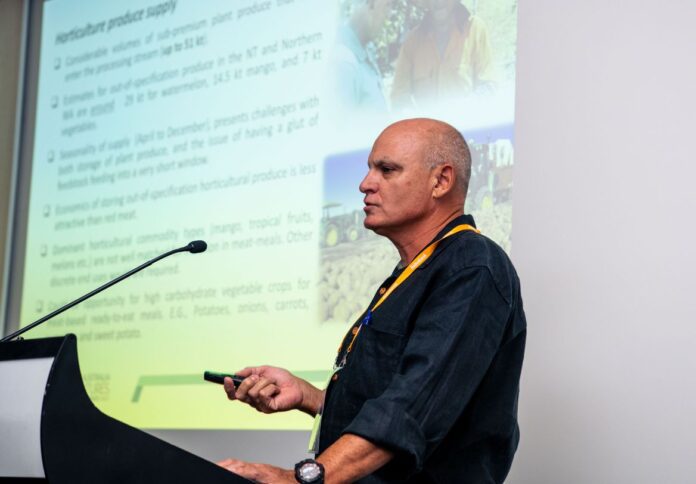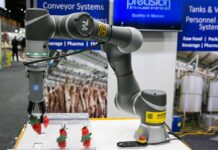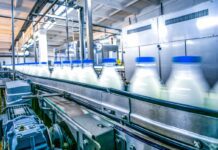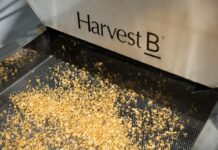
Researchers from Charles Darwin University have proposed the development of Northern Australia’s own food manufacturing capabilities at a conference in Darwin.
The proposed initiatives resulted from 15 months of research on the complexities and volumes in Northern Australia’s supply chain.
Results of the research were presented recently by Northern Australia Food Technology Innovation project manager Dr Warren Hunt and University of Tasmania Professor Roger Stanley at the Food Futures Conference, a three-day conference held in Darwin.
Hunt said the group focused on regional value-capture of sub-premium or out-of-specification produce that otherwise would be lost to the food chain.
“However, there is also strategic angle, as our food supply chains in the north are 3000 to 4000km long and highly vulnerable to interruptions. Regional food stabilisation capabilities to support northern population centres must be given more attention by governments as a matter of urgency,” Hunt said. “We are now in a position to narrow down the best options in terms of food science and technology that could go into a pilot facility.”
The research also revealed the different types of shelf-stable foods that offer the most potential in being produced in Northern Australia. These include packaged snacks and convenience foods, pet food, ready meals, red meat, and seafood products, tropical juice and wet or dry whole fruit or fruit pieces.
“We have also determined that there is an opportunity to produce buffalo meat products here in Northern Australia as it is one of the healthiest red meats and is an ideal protein powder source,” Hunt said.
Researchers in the project are planning to further ideas on the development of a small-scale food-grade facility for the next phase of the study.
The plant would include several different processing lines to manage multiple feedstocks, including red meat, horticulture, and seafood products. It would also focus on de-risking future potential commercial expansion by undertaking market and product testing, as well as building a trained workforce in food processing operations.



















